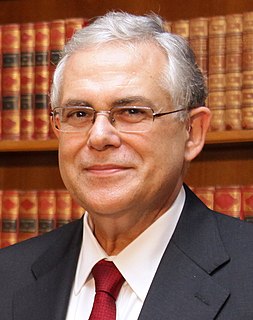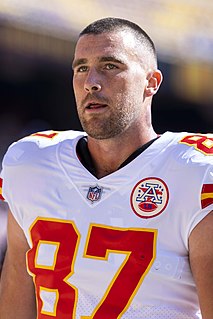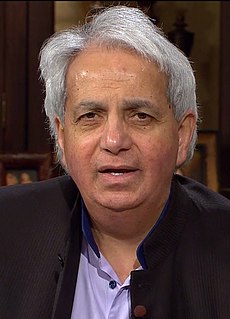A Quote by Paul Romer
The gains from specialization go all the way back to Adam Smith. He talked about the advantage of a bigger market being that we could have a finer division of labor and be more specialized.
Related Quotes
In my book, 'The Big Three in Economics,' I found that the press has frequently and prematurely written the obituary of Adam Smith and his free-market philosophy, only to see a new and more vibrant global marketplace reemerge after being savagely attacked by Keynesians, Marxists, and assorted socialists.
If you go back to Adam Smith, you find the idea that markets and market forces operate as an invisible hand. This is the traditional laissez-faire market idea. But today, when economics is increasingly defined as the science of incentive, it becomes clear that the use of incentives involves quite active intervention, either by an economist or a policy maker, in using financial inducements to motivate behavior. In fact, so much though that we now almost take for granted that incentives are central to the subject of economics.
Private sector labor market flows provide additional indications of the strength of the labor market. For example, the quits rate has tended to be pro-cyclical, since more workers voluntarily quit their jobs when they are more confident about their ability to find new ones and when firms are competing more actively for new hires.
The error in positivism is that it takes as its standard of truth the contingently given division of labor, that between the science and social praxis as well as that within science itself, and allows no theory that could reveal the division of labor to be itself derivative and mediated and thus strip it of its false authority.
Poverty comes from Hell. Prosperity comes from Heaven. Adam had complete dominion over the earth and all it contains. A. Adam could fly like a bird. B. Adam could swim underwater and breathe like a fish. Adam went to the moon. Adam walked on water. Adam was a super being; He was the first superman that lived. Adam had dominion over the sun, moon & stars. Christians do not have Christ in their hearts. Sow a big seed, when you confess it, you are activating the supernatural forces of God.


































